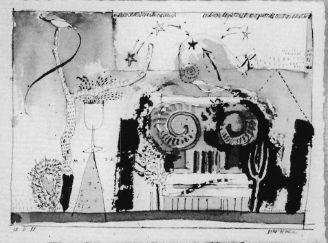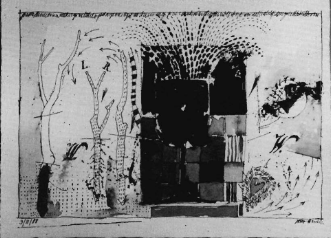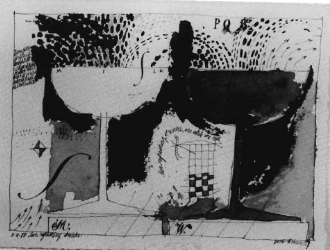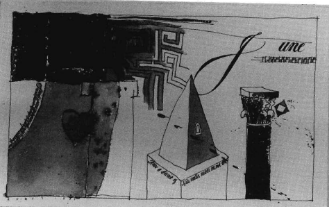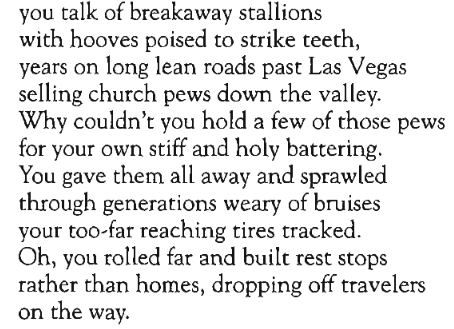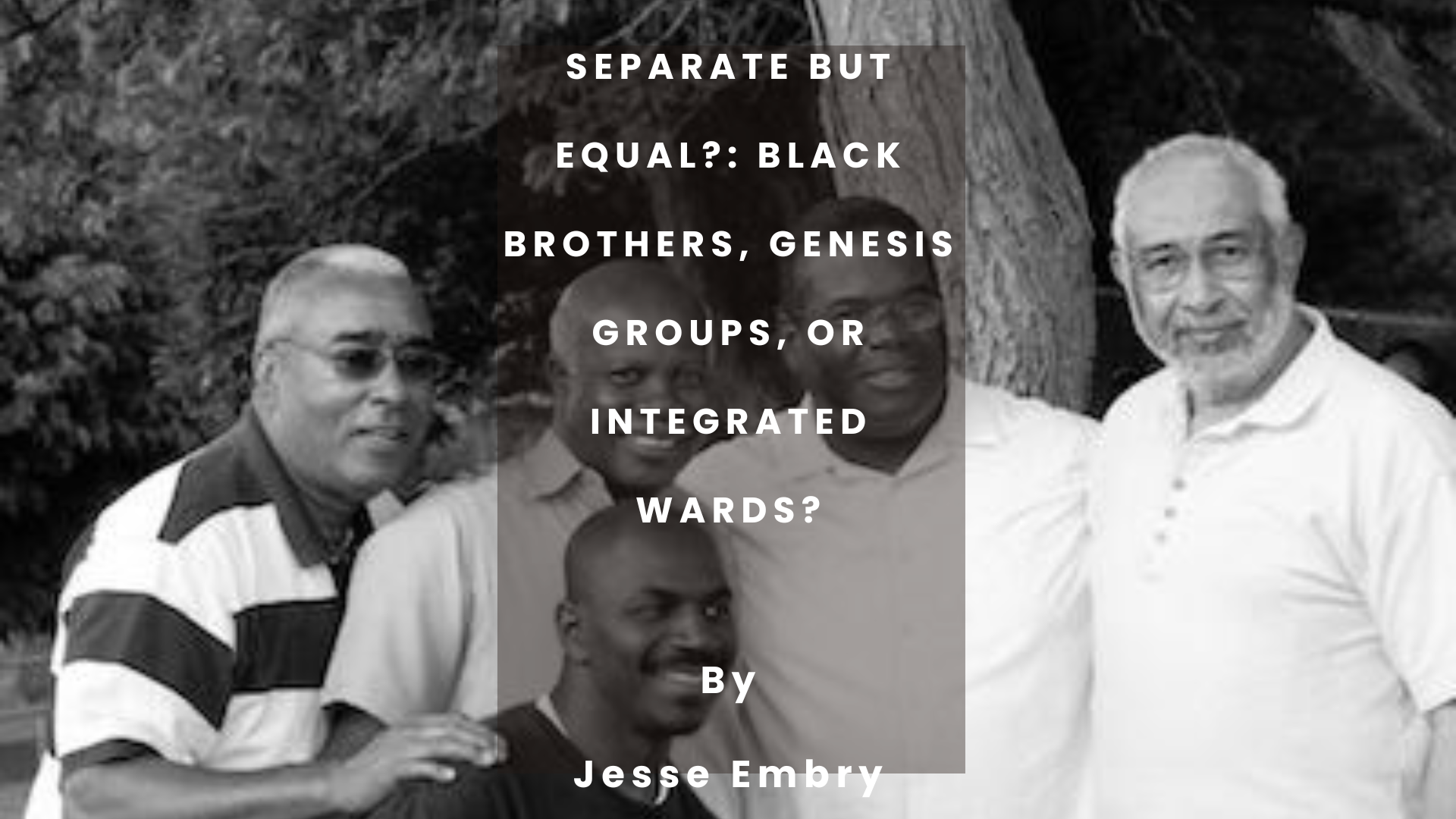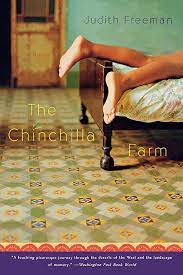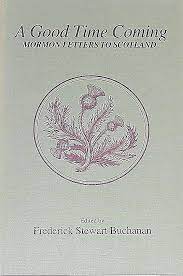“Arise from the Dust and Be Men”: Responses to President Benson’s Address to Single Men — A Lone Man in the Garden
April 14, 2018I am a divorced father with two beautiful children. Married for eleven years, I have been divorced for ten. I continue to experience the joys and responsibilities of fatherhood, I consider myself a member in…


